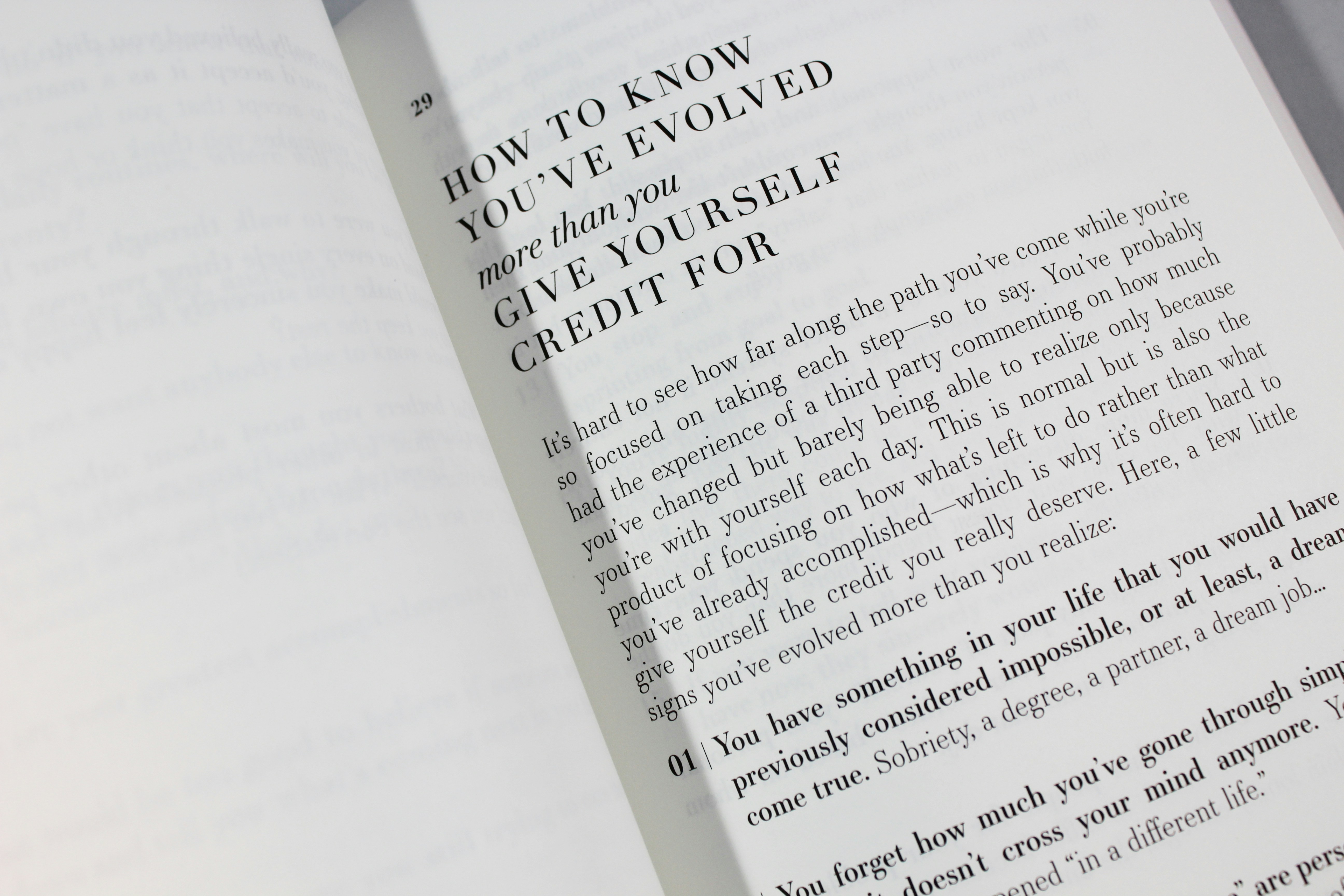The Mask We Wear: Understanding Survival Performance

Individuals often adopt masks that conceal their authentic selves in various facets of life. This phenomenon, commonly called “survival performance,” emerges as a coping mechanism in response to societal demands, personal relationships, and workplace expectations. By donning these metaphorical masks, individuals strive to navigate an environment fraught with fear of judgment and the insatiable need for acceptance. The masks serve as a protective barrier, enabling individuals to function while suppressing their true identities.
The impetus for such performances is deeply rooted in the instinct for self-preservation. Many individuals experience significant pressure to conform to societal norms, fearing rejection or ostracism if they reveal their genuine selves. This relentless pursuit of approval can lead to perpetual emotional dissonance. On the one hand, the façade provides a semblance of security; on the other, it engenders feelings of isolation and alienation. Consequently, living behind a veil can produce profound emotional costs, including grief for the authenticity sacrificed.
The internal conflict experienced by those who engage in survival performance is often profound. Individuals grapple with the desire to be accepted and valued while mourning the loss of their true selves. This internal struggle can manifest in various ways, such as anxiety, depression, and chronic stress. As time progresses, the emotional toll of maintaining such performances can become overwhelming, leading to an identity crisis where one feels disconnected from one’s authentic self.
Recognizing and understanding the reasons behind the masks we wear is the first step toward dismantling the barriers that prevent us from achieving authenticity. This realization can bring a sense of relief as it validates the struggles we’ve faced. It is vital to create safe spaces that encourage vulnerability, allowing individuals to shed their masks and embrace their true identities without the burden of judgment.

The Grief and Rage of Being Unseen
The experience of feeling unseen or unheard can evoke intense emotions, often leading to profound grief and rage. This turmoil arises particularly during self-discovery, where individuals confront the disconnection between their authentic selves and the persona they present to the world. Losing touch with one’s true identity can be deeply mournful when one feels invisible. This grief is not merely about external validation but about losing a sense of self-worth and recognition integral to one’s being.
Grieving the authentic self entails recognizing the moments when one was not validated or appreciated, resulting in a sense of unfulfillment. This often surfaces in various aspects of life, such as relationships, career paths, and personal aspirations, where individuals may feel overlooked or disregarded. Acknowledging the sorrow stemming from these experiences is crucial, as it signifies a yearning to connect with one’s true essence. In this space of grief, rage can also emerge—a visceral response to the neglect encountered by others and oneself. This anger might manifest as frustration towards societal norms that promote conformity over individuality or as internalized disappointment for not having embraced one’s true self sooner.
However, it is essential to understand that recognizing and processing these feelings of grief and rage can become pivotal catalysts for change. These emotions are indicators that prompt a reassessment of one’s life choices and direction. By confronting the pain of feeling unseen, individuals can reclaim their authenticity. Understanding that these experiences are valid allows for the potential for healing and growth to emerge, ultimately leading to a more fulfilling and self-realized existence. Acknowledging the grief and rage of being unseen can foster the necessary conditions for transformation, paving the way for a renewed connection with one’s true self.
Check this video out-https://youtu.be/JCYYcP4xTgE?si=joC6m2vz5N2Gq_ui
Reclaiming My Voice: The Process of Reparenting the Inner Child
Reparenting the inner child is a transformative process that involves nurturing, healing, and providing the love and support that may have been lacking during one’s formative years. This journey is essential for reclaiming one’s true identity and voice, allowing individuals to move beyond survival mechanisms and embrace authenticity. Central to this practice is the understanding that the inner child embodies our most innocent, vulnerable self, affected by past experiences and often overshadowed by self-doubt and negativity.
Nurturing the self through acts of kindness and compassion is crucial to reparenting. It requires individuals to actively engage in self-care rituals that promote emotional and mental well-being. Simple practices, such as journaling, art, or engaging in nature, can foster a nurturing environment for the inner child. By committing to these activities, individuals send a powerful message of validation to themselves, reinforcing the belief that they deserve love and care.
Challenging negative self-talk is another vital step in the reparenting journey. Many individuals carry critical narratives from childhood that undermine their self-worth. To combat this, one can develop a habit of countering disparaging thoughts with affirmations of self-love and acceptance. For instance, replacing phrases like “I am not good enough” with “I am worthy of love and respect” helps to create a more supportive internal dialogue.
Fostering self-love through tangible actions is also imperative for reconnecting with the inner child. This can manifest in various ways—treating oneself to a favorite meal, engaging in hobbies that spark joy, or practicing mindfulness. These actions reinforce the bond with the inner child, emphasizing that every individual holds intrinsic value. Ultimately, the reparenting journey serves as a pathway to uncovering the authentic self, free from the constraints of past experiences and societal expectations. This process makes reclaiming one’s voice possible and essential for living a fulfilled life.
Embracing Self-Love: A Daily Practice of Authenticity
Self-love is not merely an ideal to aspire to; rather, it is a daily commitment and an essential practice that enables individuals to live authentically. As we transition from surviving to thriving, embracing self-love requires us to foster a sense of honesty within ourselves. This involves acknowledging our emotions and experiences without judgment. By being honest about our feelings, we create space for genuine reflection, facilitating acceptance of our true selves. This daily commitment to self-love is a testament to our dedication to personal growth and well-being.
Curiosity also plays a critical role in nurturing self-love. Engaging with oneself through a lens of curiosity promotes a deeper understanding of our thoughts, behaviors, and desires. Rather than criticizing or dismissing our shortcomings, curiosity encourages us to explore these facets and understand their origins. Doing so can soften our internal dialogues, moving away from harsh self-criticism to a compassionate and understanding approach. This softness allows for radical acceptance of who we are at any moment, fostering a sense of belonging within ourselves.
Moreover, self-love is an ongoing journey that requires continuous engagement with daily practices to nurture self-acceptance. This may involve setting aside time for self-reflection, engaging in creative outlets, or seeking supportive relationships that uplift us. As part of this journey, we must honor past versions of ourselves, recognizing the lessons learned and the growth achieved. Mourning these previous selves can ultimately pave the way for a deeper acceptance of our present selves.
Embracing our unfiltered selves and the journey of self-love into one that is dynamic and evolving. It highlights the importance of consistently engaging in practices that promote authenticity, reinforcing our commitment to living true to ourselves. Through honesty, curiosity, and softness, self-love becomes integral to daily life, shaping our experiences and enriching our relationships with ourselves and others.


Leave a Reply